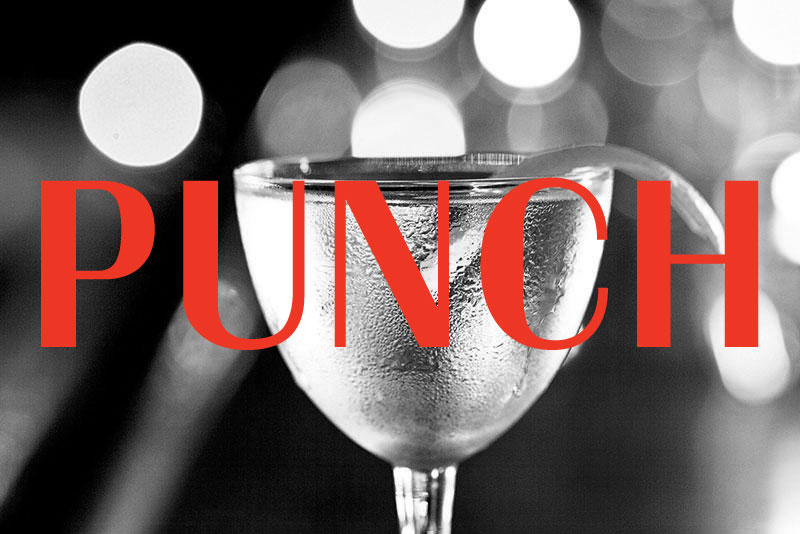
Bourbon Whiskey
(n.) This American subset of whiskey is made from distilling a fermented mash of at least 51-percent corn and aging the liquor in new charred white oak barrels. Though some…
- story: Talia Baiocchi

(n.) This American subset of whiskey is made from distilling a fermented mash of at least 51-percent corn and aging the liquor in new charred white oak barrels. Though some…

(phrase) A legal term referring to American spirits (usually whiskey) that have been processed according to regulation of the Bottled-in-Bond Act of 1897, which was created to protect consumers from…

(n.) A high-proof alcohol infused with herbs, roots and spices. Invented as a medicinal tonic, they were originally meant to aid digestion and cure a variety of ailments, including colds…

A quantifiable amount of time between a product’s creation and either its on-sale date or consumption. For spirits, age is generally calculated by the amount of time the product spends…